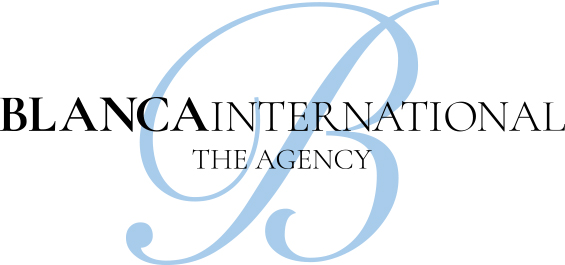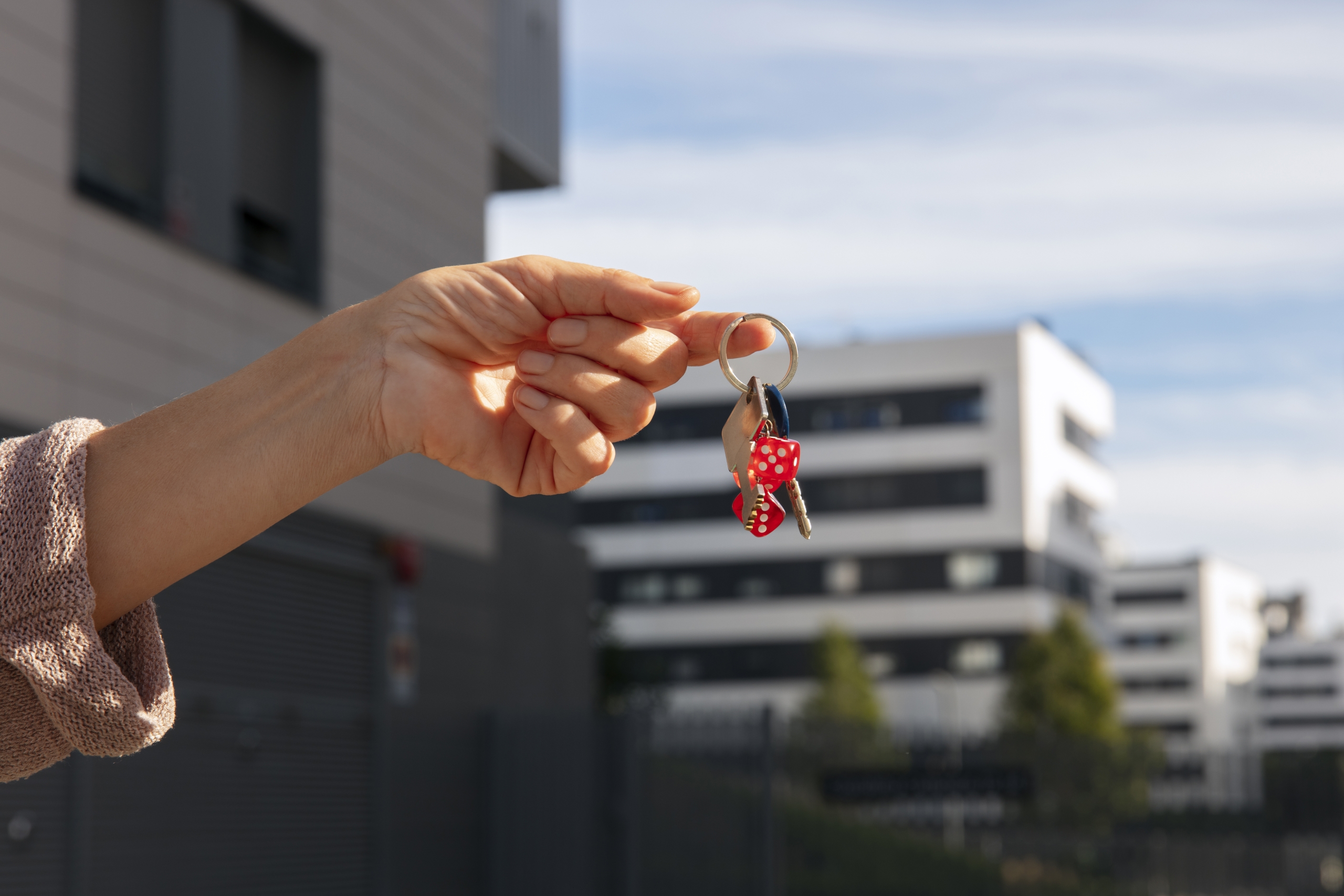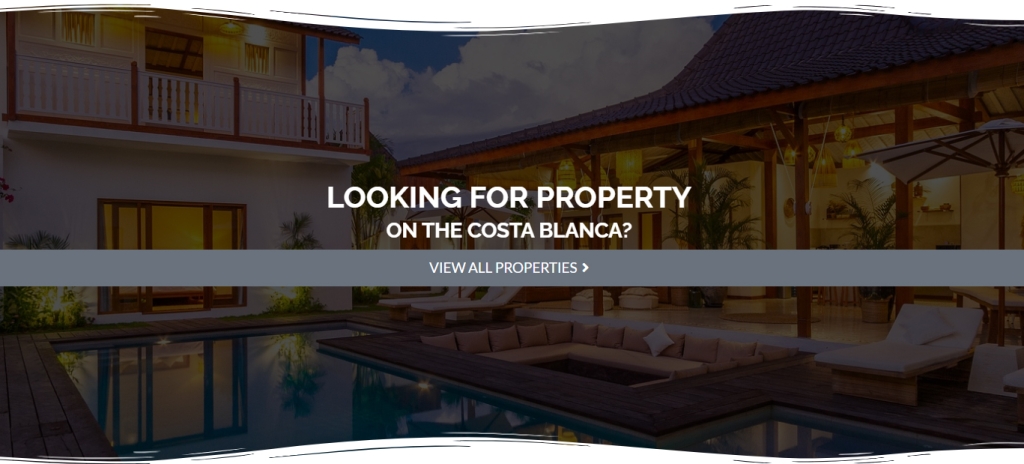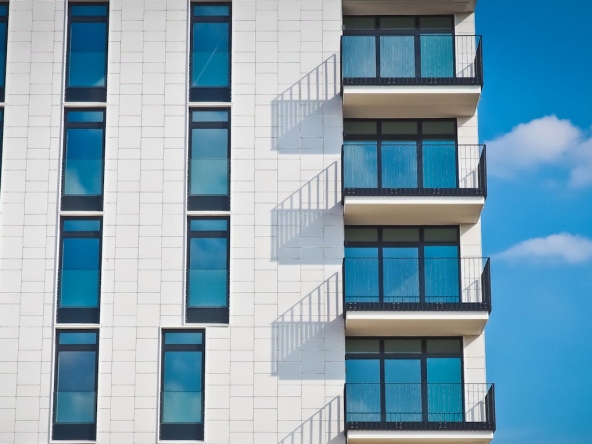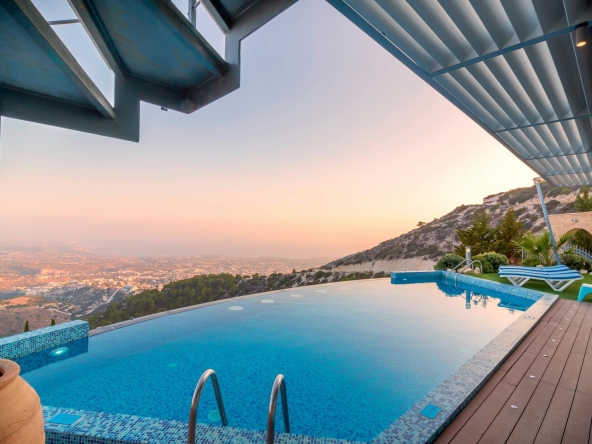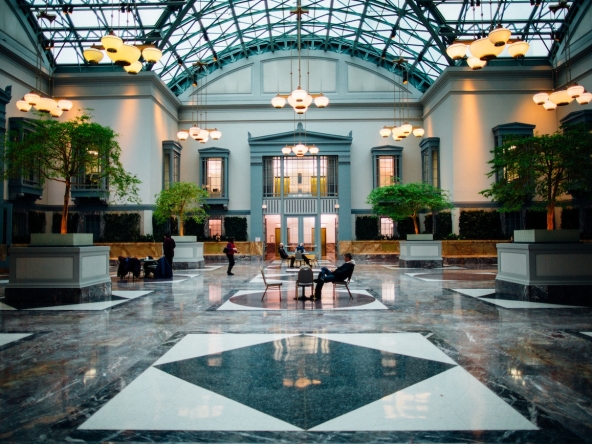Are you looking for a house to rent in Javea, Spain? Then you are not alone, Javea is one of the most popular areas on Costa Blanca and every year there are many people from all over the world looking for holiday or long term rentals. Here are some tips that will help you on the way to the perfect house to rent in Javea.
Renting a property in Javea is a good way to get to know the city and to decide which area you want to live in. Renting for a few years before purchase is generally a good tip, especially in today’s market. Only 17 percent of Spanish residents rent out their homes, and the market is more sales focused than ever before.
Search and find your dream property in Javea
Where to find a house to rent in Javea?
If you are already in Javea in Spain then it would be a good idea to start scouring the newspapers; just go to any newspaper stand (quiosco) and ask the person working there what papers have local classified ads (anuncios clasificados) in them. Keep an eye out for ‘For Rent’ (Se Alquila) signs and consider using an estate agent, although they may charge a fee.
The Internet is obviously a great place to look, particularly if you aren’t yet in Spain. There are plenty of letting websites out there, many of them free to use. These are all worth checking out:
Facebook groups and pages where you can find houses for rent in Javea
If you don’t speak Spanish yet it may be a good idea to use a web browser that automatically translates foreign text, such as Google Chrome. The translations aren’t always perfect and some of the sites will have English- language options anyway (look for the flag), but when they don’t the auto-translate feature can be extremely useful.
Have a look around for some English-language forums where you can speak directly to people with experience of living in Javea. They will often be happy to help and provide plenty of insight into the particular area you are looking to live in and may have experience of situations similar to your own. They may even be able to help you find a property.
It’s worth considering placing an ad yourself, stating that you are looking for somewhere to live in Javea. You can do this for free on some of the listed websites and lots of landlords will check these ads when they have properties to fill. If you’re looking to share a flat, potential flat mates are often pro-active when trying to fill an empty room and the Internet is often the first place they will look, after contacting friends and acquaintances.
Viewing of houses for rent in Javea
Once you have found a place you like in Javea it is time to arrange a viewing. Don’t agree to rent anywhere before you see it and if you don’t speak Spanish then I would strongly advise taking someone along who does, just to be on the safe side. You should never sign a contract if you don’t understand what you’re signing, even if you’ve found the place of your dreams.
Rent a house in Javea through a real estate agent
It is always recomended to use a real estate agent when you are going to rent a house in Javea. Be aware that some unscrupulous people target house-hunters with scams. If it’s a great price and looks too good to be true then it probably is. Be wary of landlords who ask for a deposit before you even view the flat or some other proof that you are serious as they are most likely trying to take you for a ride.
Use common sense and some extra caution or you might end up paying for nothing but pretty photos. No matter what you do, the money is always paid when the deal is closed and both parties are content.
Things you need to know when renting a house in Javea
Tenancies Act (LAU)
Rental properties are regulated by the Tenancies Act (LAU) of 24 November 1994 and it would be worth familiarizing yourself with the Act if you are going to be renting in Spain. The act states that your landlord is required to undertake any repairs that are necessary to keep the home in livable condition without raising the rent, unless the damage is directly attributable to the tenant. However, your contract may stipulate that the tenant is responsible for the proper maintenance of the property, including services, taxes, charges and liabilities.
During the first five years of the contract, rent can be updated on a yearly basis but only according to the variations of the Consumer Price Index (, IPC) and the landlord should provide written notification of any intention to increase the rent. After this five-year spell the rent can increase by up to 20%.
The rent can also be increased, based on the legal interest rate and total invested, if your landlord makes improvements to the property. Even in this case, the rent can- not increase by over 20%. Your landlord cannot ask for more than a one month payment in advance and generally you can expect to have to pay within the first seven days at the start of each month.
